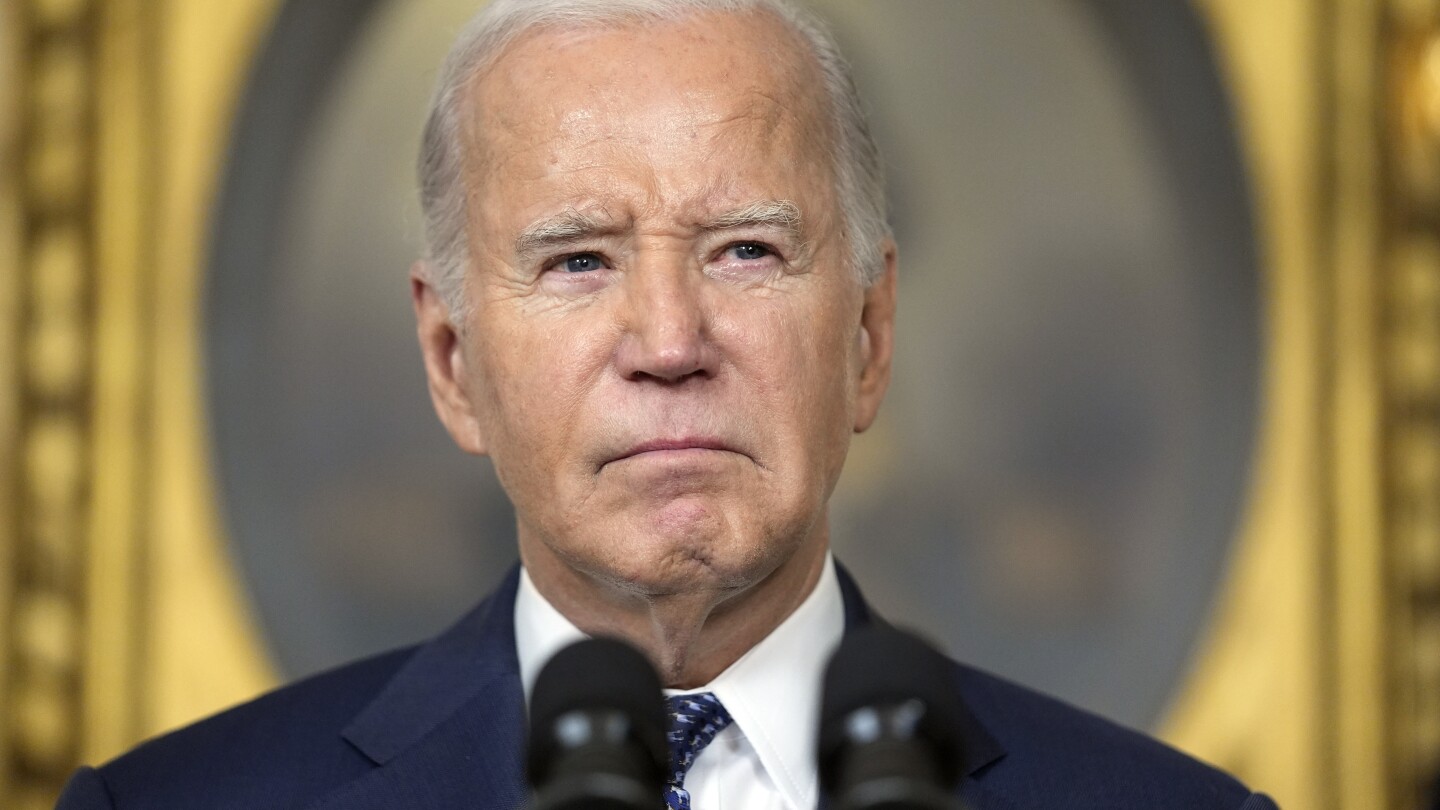WASHINGTON (AP) — President Joe Biden dropped out of the 2024 race for the White House on Sunday, ending his bid for reelection following a disastrous debate with Donald Trump that raised doubts about his fitness for office just four months before the election.
The decision comes after escalating pressure from Biden’s Democratic allies to step aside following the June 27 debate, in which the 81-year-old president trailed off, often gave nonsensical answers and failed to call out the former president’s many falsehoods. Biden endorsed Vice President Kamala Harris to take on Trump, and encouraged his party to united behind her.



While I’m sure you know this and are just stressing this to showcase the rhetorics opponents could use, it’s important to note that she was “tough-on-crime” in a time when the popular policy was to prosecute martyrs to the death. Yes, she was tough, but also relatively very reformist. She even wrote a whole book about that.
Actually I don’t, so I appreciate that reply. I just remember reading a ton of articles and material on how heavy handed she was as a DA and it made me wish Biden’s running mate were someone less authoritarian and more progressive.
Is there actually policy on her part or a voting record to back it up, or is it more of a rhetorical position? (Genuinely interested here, not trying to be argumentative.)
I’m very much anti-cop, and don’t like a lot of her crime policies, because she was tough on crime, but she did have a big focus on programs to reduce recidivism, especially among minors.